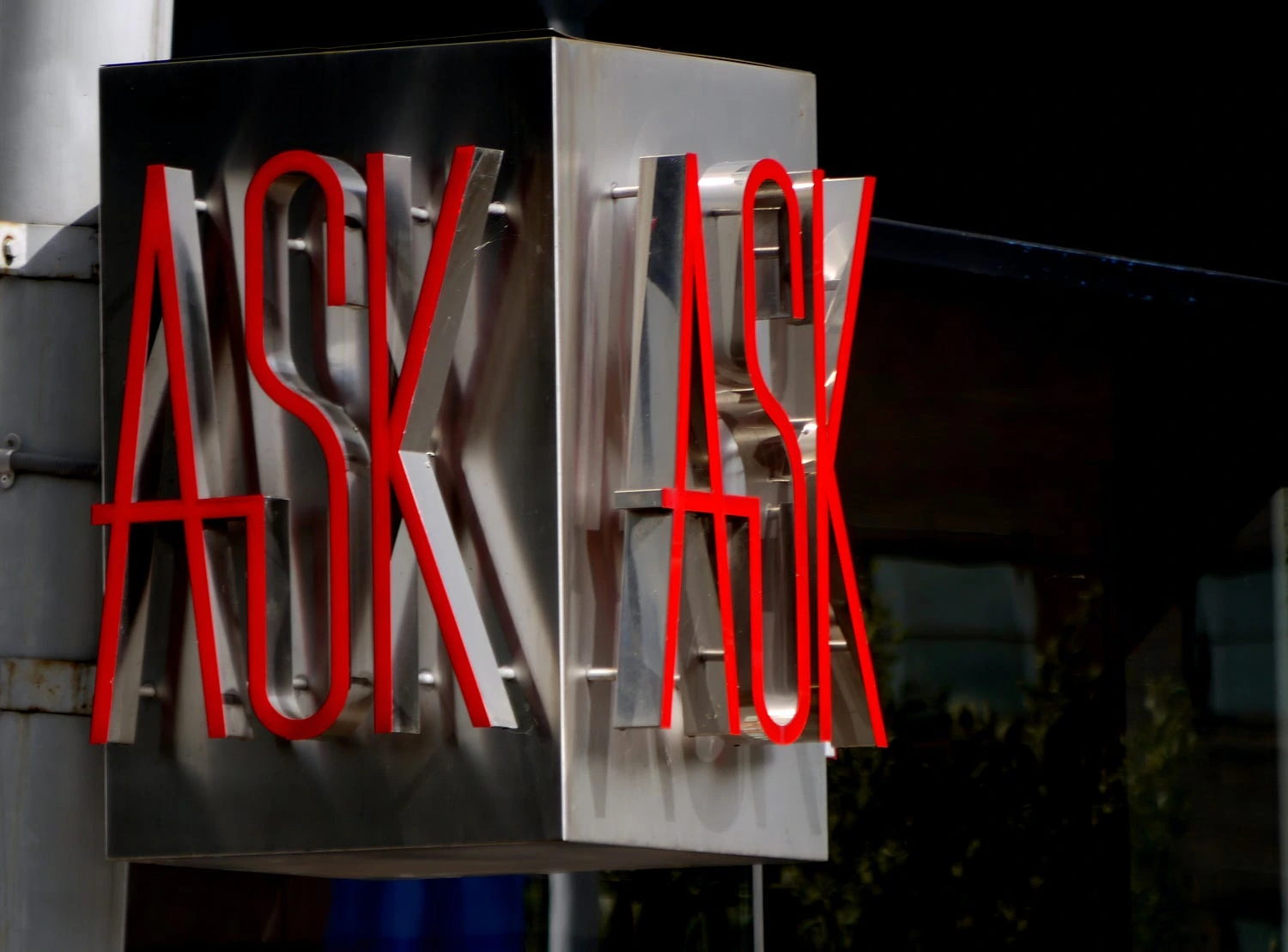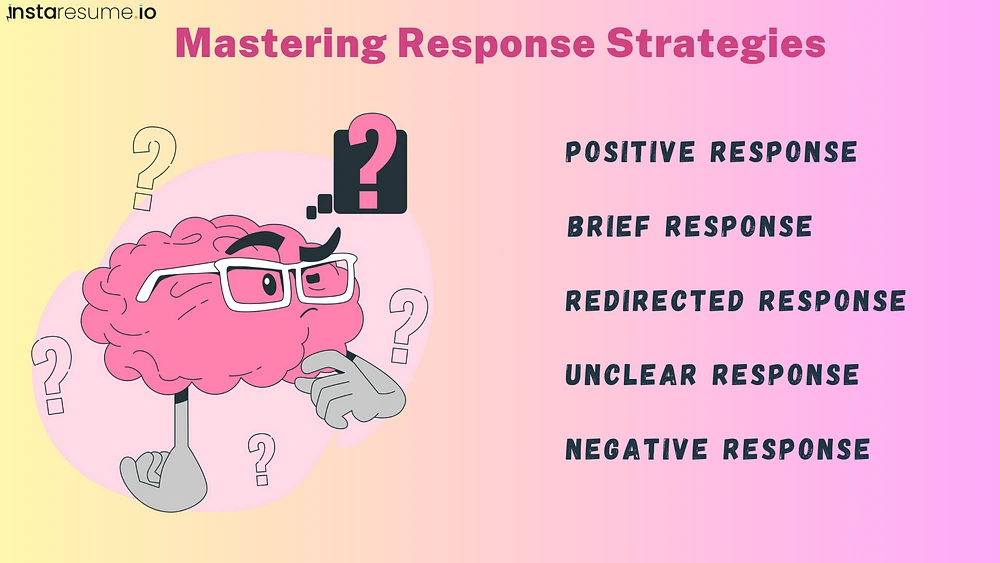Best Questions to Ask Interviewer
Embark on your job interview journey with a personalized touch. Picture this: You're in the hot seat, and it's your turn to shine. Dive into our guide for a blend of good interview questions to ask hiring manager, your secret sauce to connect with the hiring manager and make a memorable impact. These are not just questions; they're your ticket to acing the interview and landing that dream job.

Photo by Brett Jordan on Unsplash
Why Asking Questions Matters
When the interviewer invites you to ask questions, they're not merely being polite; they're giving you a chance to demonstrate your knowledge, interest, and critical thinking skills. Your questions should reflect your genuine curiosity and preparation for the interview. Moreover, the answers you receive will help you evaluate whether the company and the role align with your career goals and expectations.
Now, let's delve into the types of questions you can ask based on different job types. We'll provide examples and show you how these questions can help you gain valuable insights.
1. Entry-Level Positions
For those seeking entry-level positions, asking the right questions can help you understand the company culture, growth potential, and what to expect in your role.
1. “Can you describe the typical career path for someone starting in this role?”
This question shows your eagerness to grow within the company and provides insight into potential career advancement.
2. “What kind of training or mentorship programs are in place for new hires?”
This question demonstrates your commitment to learning and development and helps you assess the level of support you'll receive.
2. Mid-Level Positions
When you're interviewing for a mid-level position, it's crucial to ask questions that clarify your responsibilities, contributions, and alignment with the company's goals.
1. “How do the goals of this position align with the broader objectives of the department or company?”
This question reveals your strategic thinking and helps you understand the role's significance.
2. “What key challenges or projects does the team currently face, and how can this role contribute to addressing them?”
This question underscores your problem-solving skills and your desire to make a meaningful impact.
3. Senior-Level Positions
For senior-level candidates, it's about asking questions that dive deep into the company's strategic direction, leadership, and organizational goals.
1. “Can you share insights into the company's strategic plan for the next few years and how this role fits into that plan?”
This question illustrates your focus on long-term contributions and how you can align with the company's vision.
2. “How does the leadership team support innovation and adapt to industry trends?”
This showcases your interest in staying ahead of the curve and helping the company remain competitive.
4. Universal Questions
Regardless of your job type, there are certain questions that can help you assess the company's culture, work environment, and expectations.
7. “What can you tell me about the company's culture and values, and how do they manifest in the workplace?”
This question demonstrates your interest in the company's core principles and your potential fit within the culture.
8. “What is the company's approach to work-life balance, and do you offer flexible work arrangements?”
This shows your consideration of work-life balance, which is vital to maintaining job satisfaction.
How to Handle the Responses for Questions

Mastering the response strategies
Asking the right questions is only part of the equation. How you handle the responses is equally crucial. Here are five potential responses you might encounter:
1. Positive Response:
If the interviewer provides detailed, positive responses, it's a good sign that the company values transparency and communication. You can express your appreciation for the information and use it to discuss your fit for the role.
2. Brief Response:
If the interviewer's responses are short and lacking detail, you can politely ask for more information or rephrase your question to elicit a more elaborate response. This shows your determination to gain a better understanding.
3. Redirected Response:
Sometimes, interviewers may redirect your question. In this case, respect their redirection but try to circle back to your original query. This demonstrates your persistence and commitment to your inquiries.
4. Unclear Response:
If you receive an unclear or evasive response, consider it a potential red flag. You may want to explore the issue further or follow up with additional questions to gain clarity.
5. Negative Response:
In rare instances, you might receive a negative response or pushback. It's essential to handle this professionally and adapt your approach to maintain a positive and constructive conversation.
Conclusion
Asking questions during a job interview is a valuable opportunity to showcase your interest and gather insights to make an informed decision about the job opportunity. Tailoring your questions to your job type and handling responses professionally can set you apart from other candidates. By mastering the art of asking the right questions, you can truly ace your interviews and ensure that the company you choose aligns with your career goals and values.
In today's competitive job market, your preparedness and professionalism make all the difference. So, when they ask, “Do you have any questions for us?” be ready to make your mark with thoughtful and strategic inquiries.

